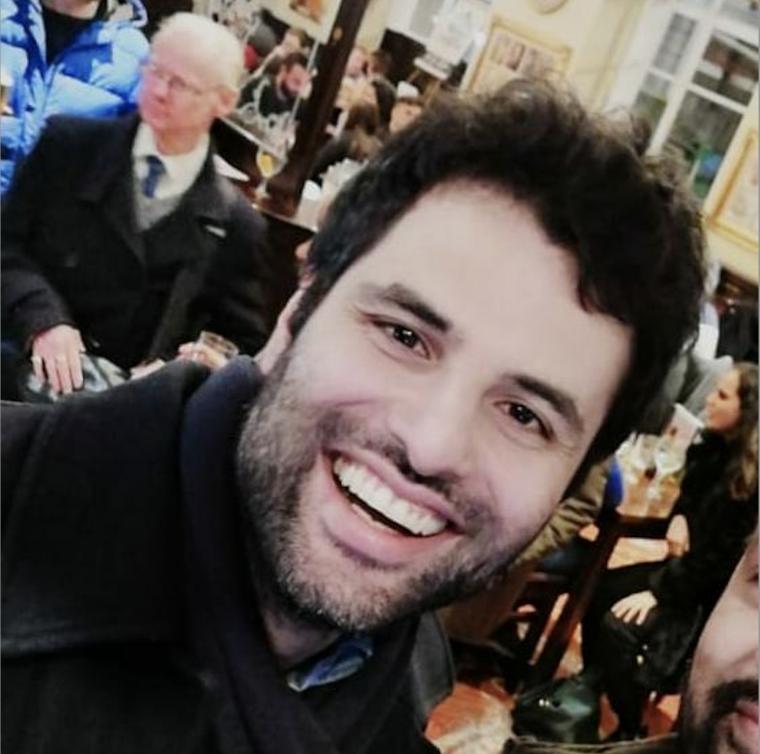Johanna Jauernig
Understanding the incentive structures and the cultural and cognitive mechanisms that underlie and indeed drive moral attitudes is crucial for addressing a wide range of societal issues
Johanna Jauernig is a Postdoctoral Research Associate with the Freedom Center, a Visiting Research Fellow with the Leibniz Institute of Agricultural Development in Transition Economies in Halle (Saale), Germany, and a 2023 Buchanan fellow with the Mercatus Center (George Mason University). She investigates attitudes towards markets and technology with an experimental approach. Her work highlights the ambivalence of moral sentiments.
Her research is rooted in the idea that understanding both the incentive structures and the cultural and cognitive mechanisms that underlie (and indeed drive) moral attitudes is crucial for addressing a wide range of societal issues which range from the general (e.g. “them versus us”) to the specific (e.g. algorithms skepticism). Her largely empirically-based research framework allows to better understand contemporary societal issues and reasons for conflict which include market attitudes, discourse failure, and the societal impacts of disruptive technologies.
Her main two research agendas are the investigation of moral attitudes towards market interactions and the analysis of discourse failure
The grand challenges of our time call into question which basic moral principles can or cannot be realized via markets, and which unintended consequences those markets may or may not have. Johanna Jauernig investigates attitudes towards market transactions from an ethical, economic and psychological perspective to better understand stakeholder positions in the regulatory discourse. Results show, that people view voluntary transactions as zero-sum games, and their fairness perceptions are driven by power perceptions, revealing a preference for compensatory justice. Generally, her research helps better understand the public discourse on economic policies and, thus, provides fundamental psychological insights in stakeholder attitudes. Recently an article which experimentally investigated the attitudes towards land market price regulations of German farmers got accepted for publication in the Journal of Agricultural Economics. The study highlights that German farmers’ land market skepticism is not unconditional, but hinges on their own role on the land market and is, therefore, self-interest driven. This research is funded by the German Research Foundation.

Kaveh Pourvand
The Possibility of Social Unity in the Liberal Democratic State
Kaveh is a political theorist. His research covers contemporary liberal thought, collective political agency, the ideal/non-ideal theory distinction within political philosophy and distributive justice. Prior to joining the Freedom Center, he taught at King’s College London and gained his PhD from the London School of Economics.
In a forthcoming article to be published in Journal of Social Philosophy, Kaveh theorizes that political philosophers worry that liberal democracies will be unstable unless their citizens are prepared to sacrifice for the greater good of the political community – for example, by paying taxes to support the lesser advantaged or enlisting in the military. This raises the question of how such shared commitment and fraternity might be fostered, particularly in diverse countries like the United States that arguably lack a unifying national culture. One answer is “constitutional patriotism.” The very process of political cooperation might by itself generate civic fraternity. In the paper, Kaveh scrutinizes a leading account of how constitutional patriotism might work in practice, that of John Rawls, and finds it wanting. His argument suggests that the possibility of social unity in liberal democracies may be much weaker than many have hoped. In future work, he plan’s to show that this might not necessarily be undesirable.
Abstract
What motivates citizens to maintain their shared commitment to public principles of justice, particularly in diverse societies lacking a common national culture? This article considers a distinctive and surprisingly little-studied answer of John Rawls. In the last third of a Theory of Justice, he provides several arguments for how political cooperation to secure justice can generate its own motivational force, even in the absence of national ties. Much of these arguments survive Rawls’ turn to political liberalism. Rawls’ account is a sophisticated attempt at showing how a constitutional patriotism might be viable, making it worthy of considertation. I subject it to critique in this paper, arguing that it ultimately fails. My critique is distinctive in that it identifies not disagreement as the principal barrier to political unity around justice, but epistemic opacity between citizens in the context of an impersonal society.

